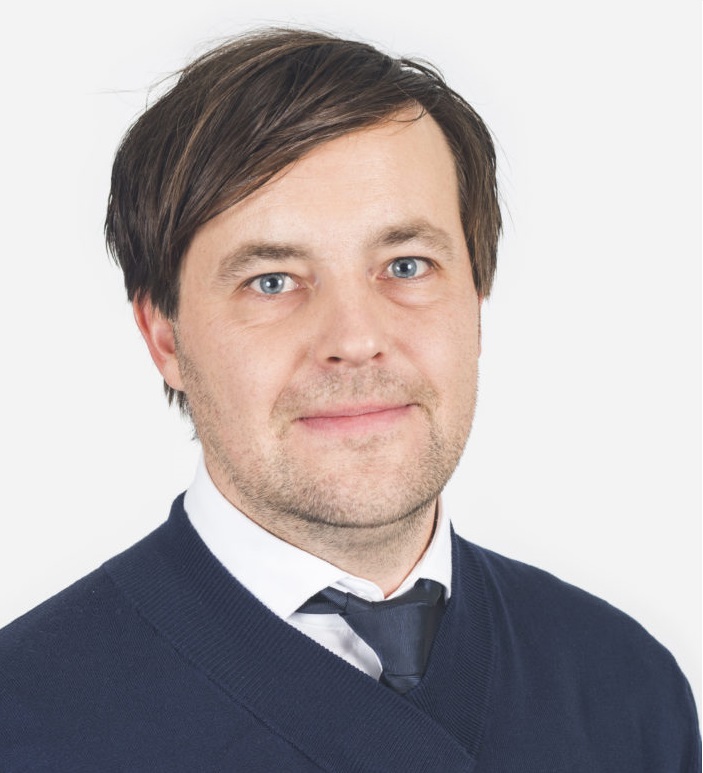Collaboration is part of our DNA. Oxcia works closely together with academia, pharma companies, organizations and clinics – directly or indirectly through Thomas Helleday Foundation. Collaborations include Karolinska Insitutet, Misvik Biology Oy, Karolinska University Hospital, Sahlgrenska University Hospital, Mayo clinic, Manchester University, Sheffield University, CNIO, RISE, UDOPP, Sanger Institute, University of Copenhagen, Université de Nantes, Lund University and many more.
With the goal to deliver life-changing medicines, we prioritize to listen carefully to patients and clinicians, to understand the challenges they face and work with scientific experts and clinicians to find innovative solutions.
We would be very happy to hear from you.
You can contact:
- Ulrika Warpman Berglund, CEO, ulrika.warpmanberglund@oxcia.com
- Christina Kaldéren, Preclinical Director, for OXC-201 project. christina.kalderen@oxcia.com
Collaboration with Misvik Biology
Oxcia is collaborating with Misvik Biology to identify potential respond biomarkers for Oxcia’s projects.
Misvik Biology Ltd, Finland, is a private contract research laboratory specialized in precision oncology and nanotoxicology research. Since 2015 Misvik has been pioneering a diagnostic ex vivo drug screening technology to allow single cell resolution drug response profiling for personalized medicine. At current Misvik is the only company in Europe to develop diagnostic drug efficacy screening for rare solid cancers.
Misvik was founded in 2014 by Dr. Juha K. Rantala. Dr. Rantala is acknowledged for the invention of the CellSpotMicroArray (CSMA) technology. He has 15+ years’ experience on high-throughput screening for translational cancer research and drug development. He has previously worked at VTT Medical Biotechnology and as Research Professor at Oregon Health and Science University and Knight Cancer Institute. He currently holds a dual affiliation as Lecturer at the University of Sheffield and as the CEO of Misvik Biology.

Collaboration with Arne Egesten
Arne Egesten and his team at Lund University explore the consequences of dysregulated inflammation. The immune system keeps us healthy and upon infection, its activity is upregulated in a strictly controlled manner (i.e. inflammation) to eradicate invading pathogens. Excessive and long-standing inflammation cause tissue injury, subsequently resulting in remodeling (fibrosis), vulnerability to acquire infections, and respiratory failure.
In the joint project between Oxcia, KI and Prof Egesten, we characterize key mechanisms of importance to limit airway tissue damage and its consequences in diseases such as ARDS, COPD, pulmonary fibrosis, and asthma. Both experimental models as well as clinical samples are investigated.
